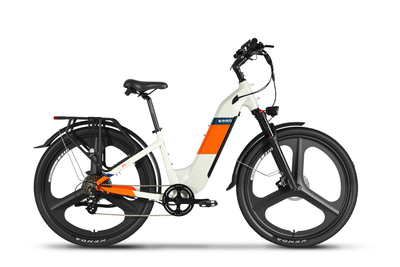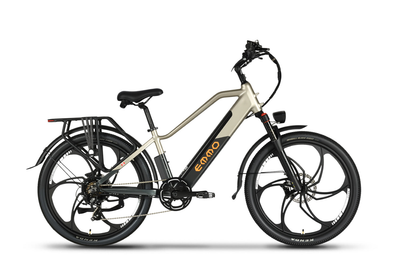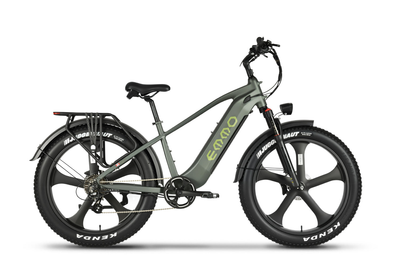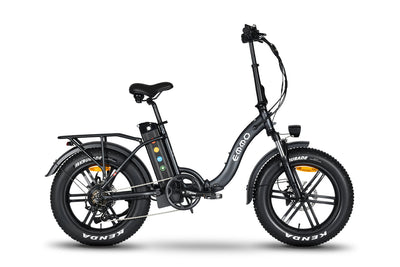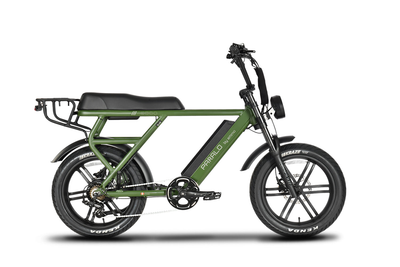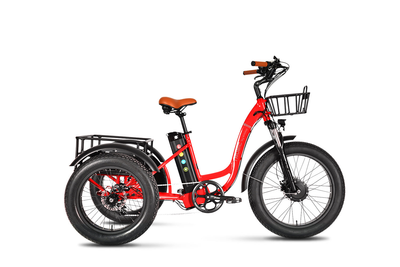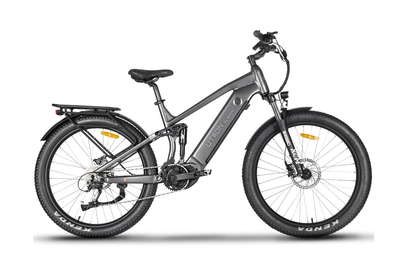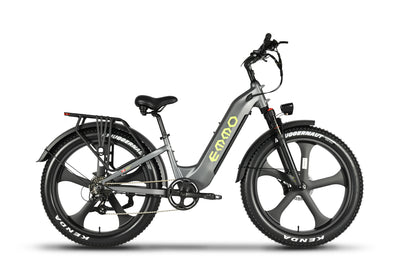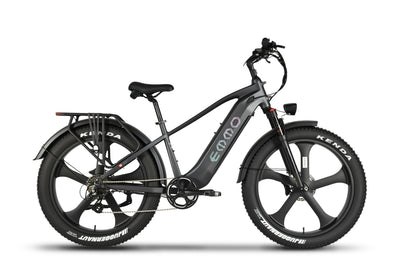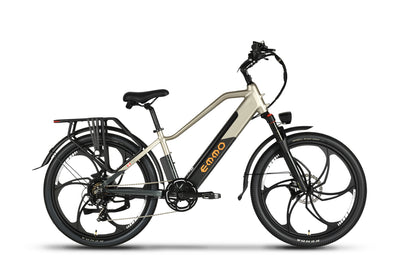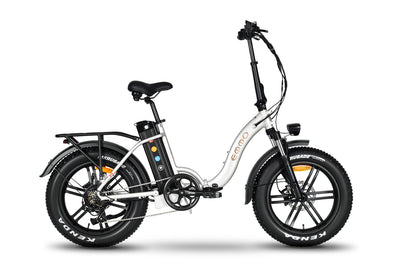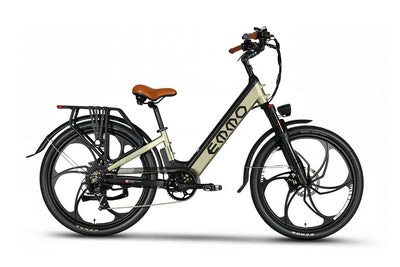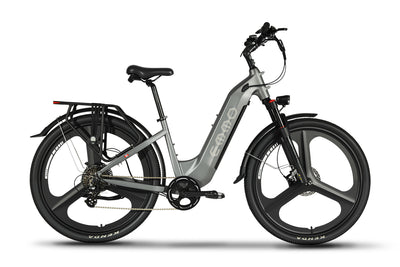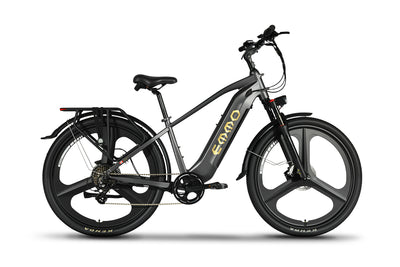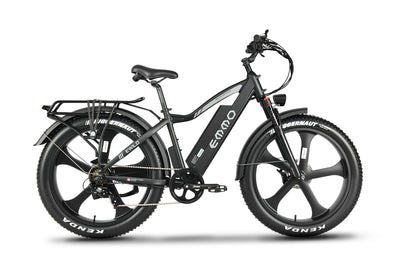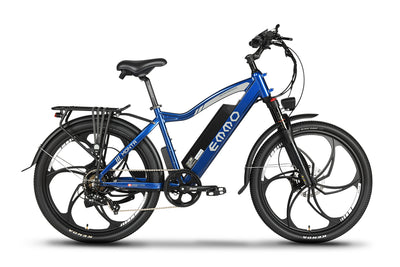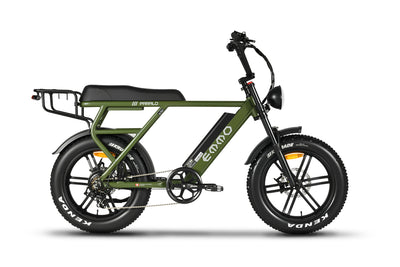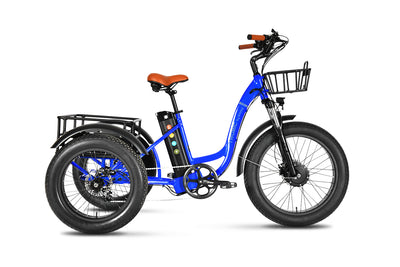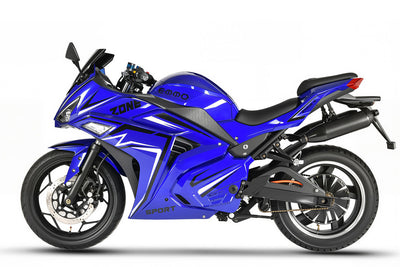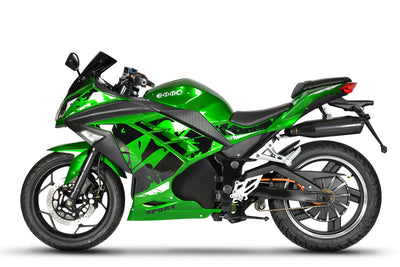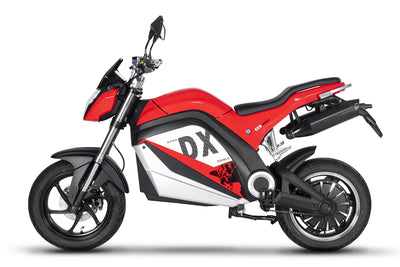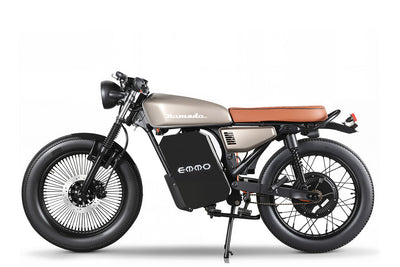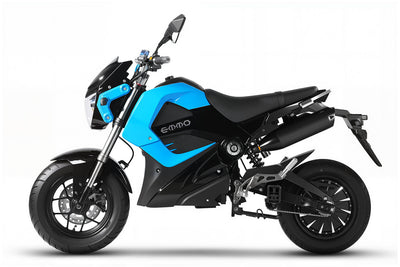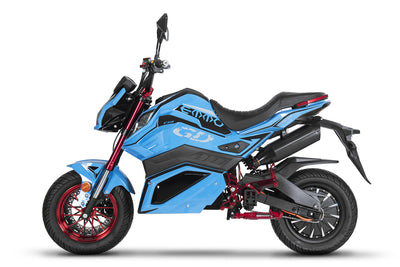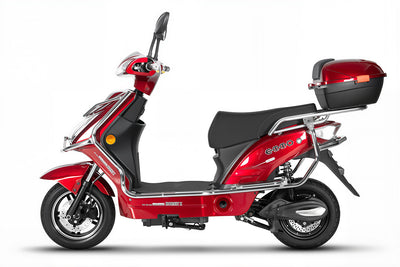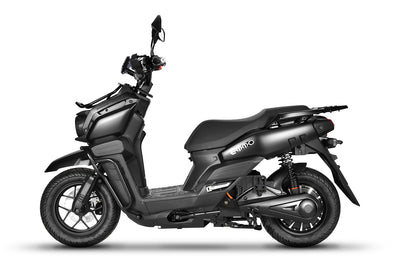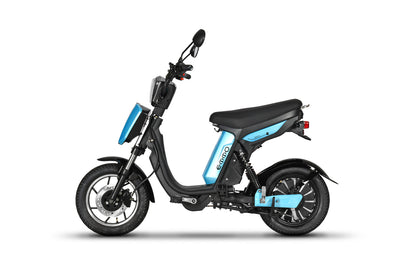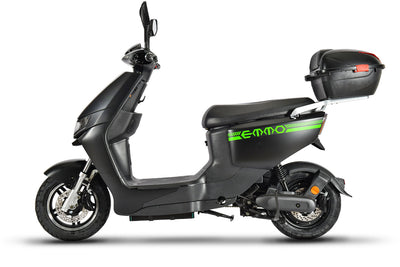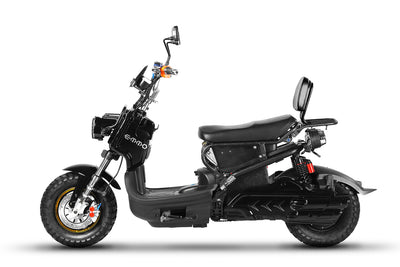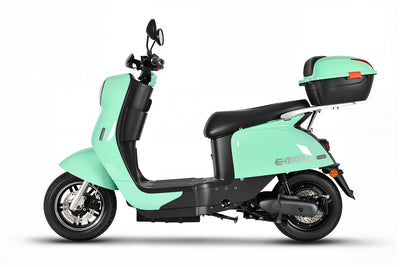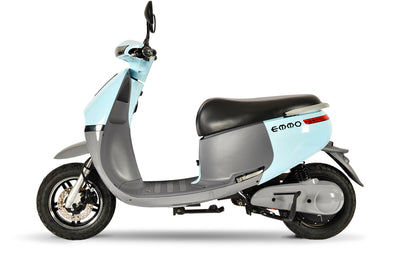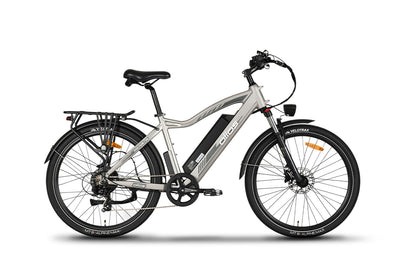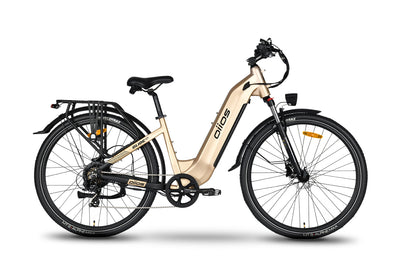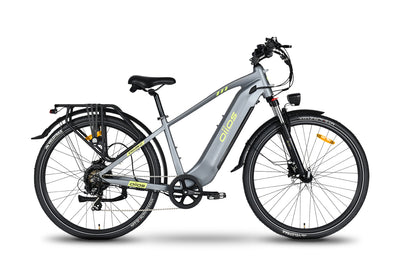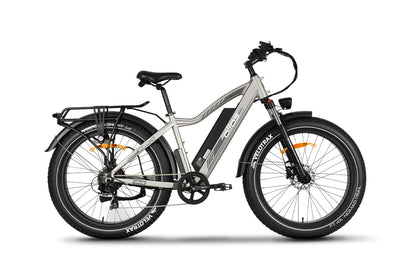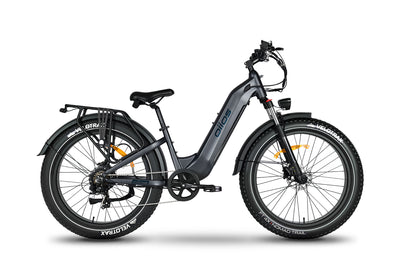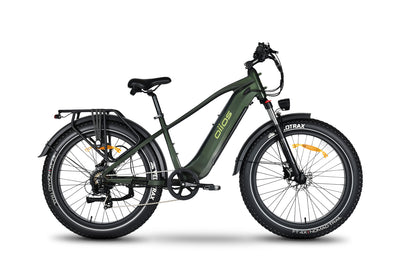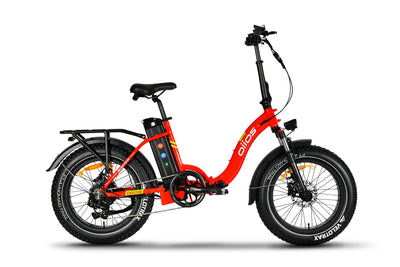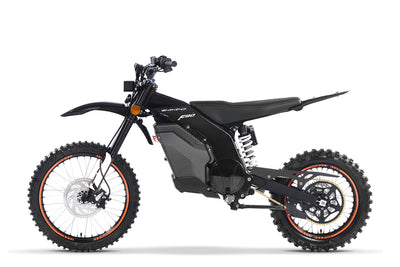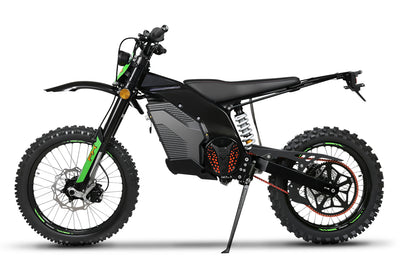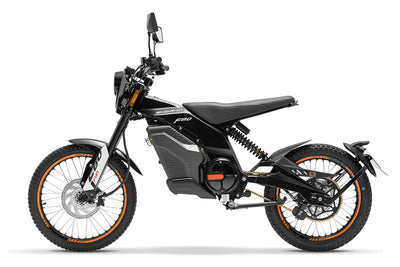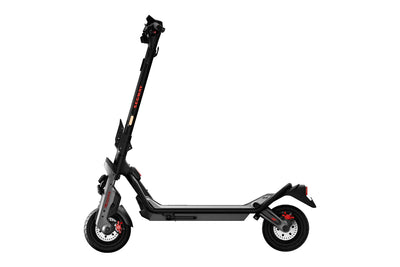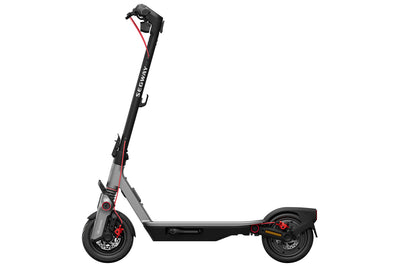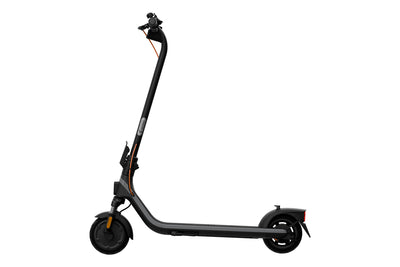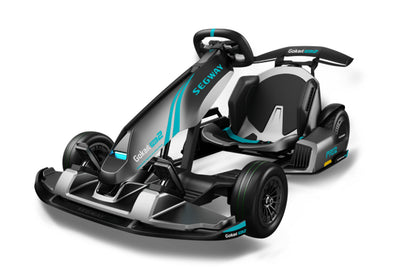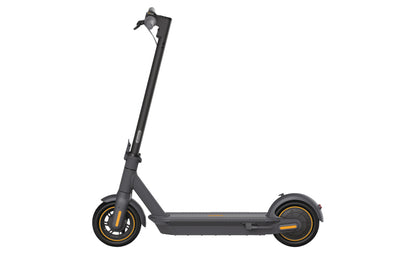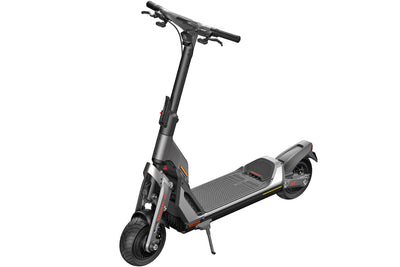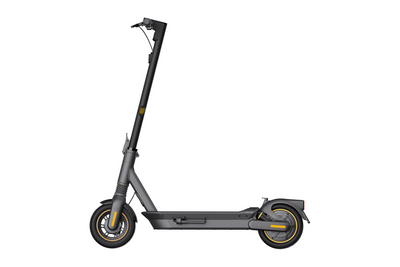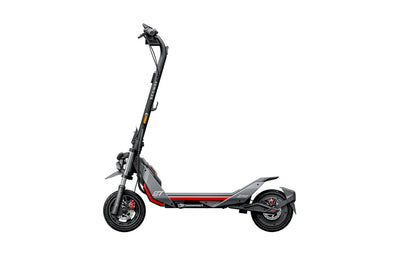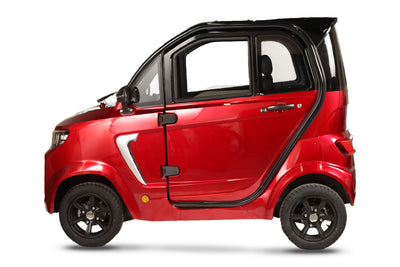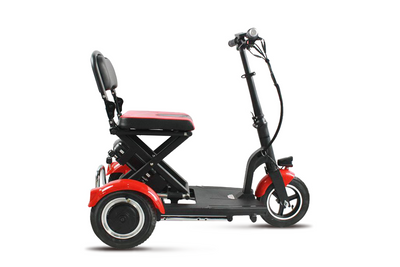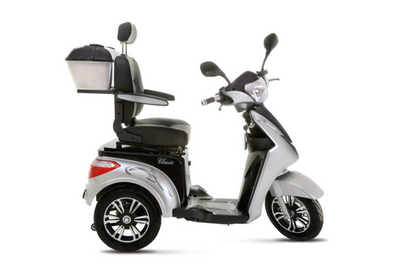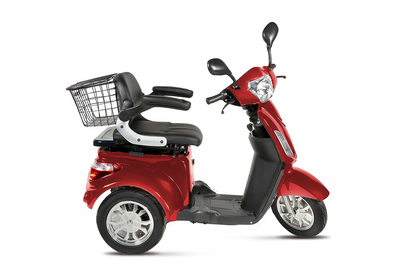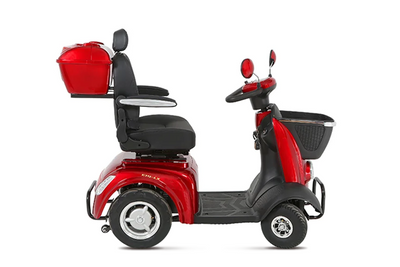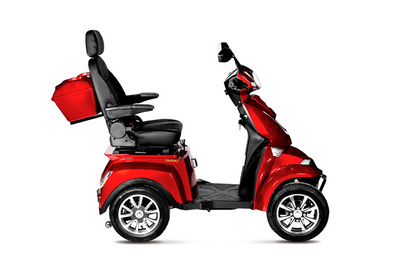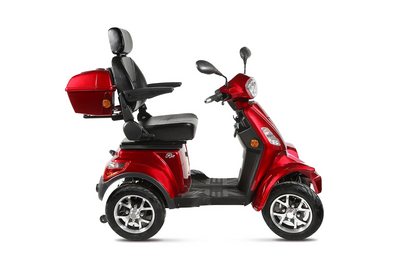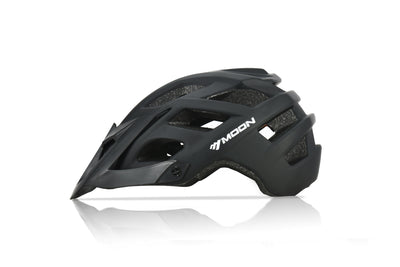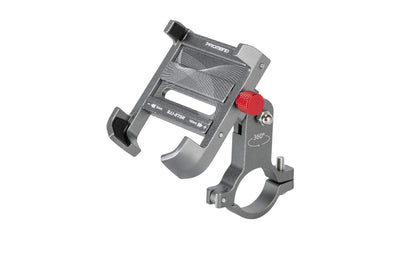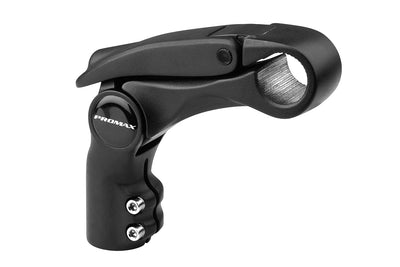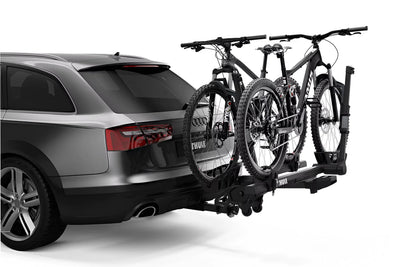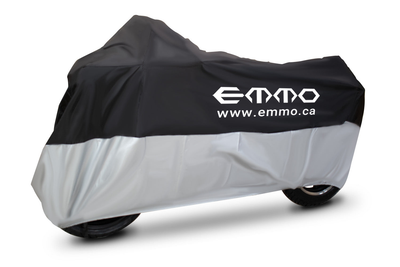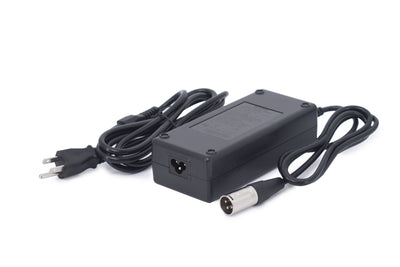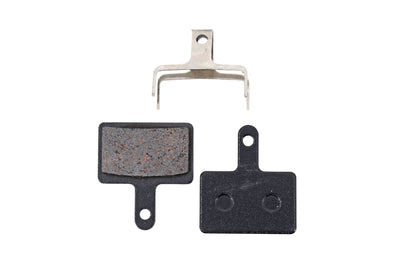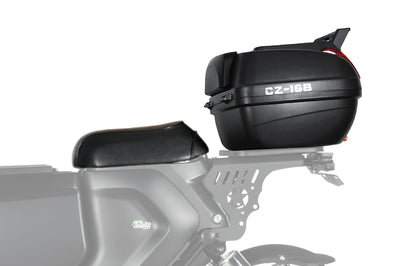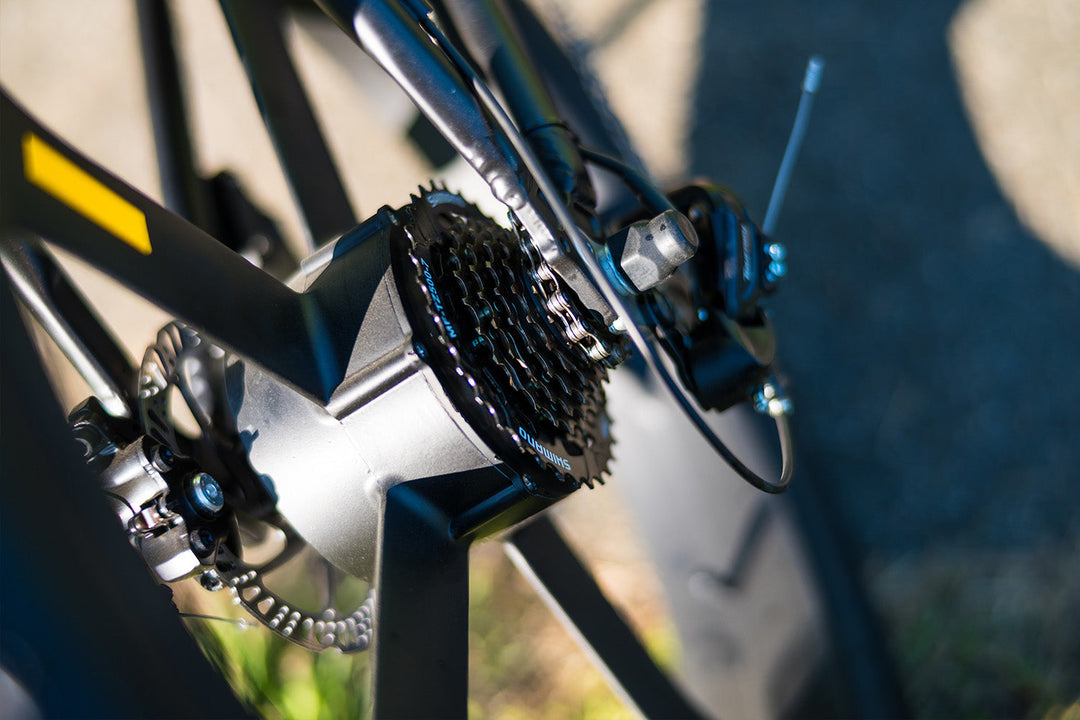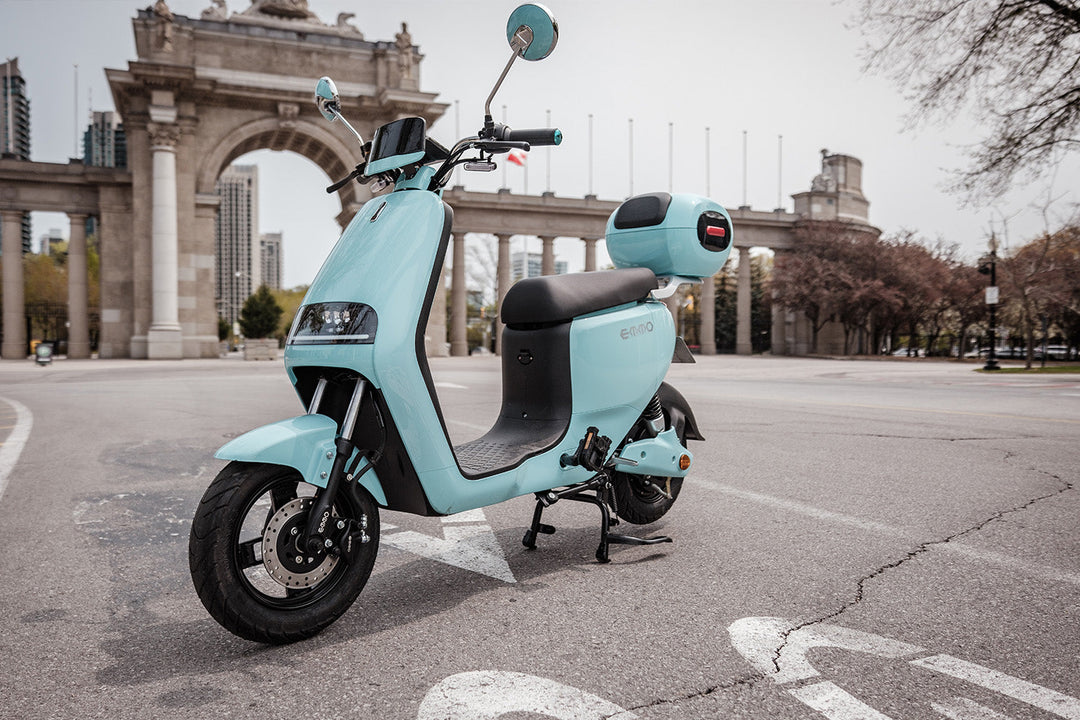Are Ebikes Worth the Cost? Discover the Benefits and Factors to Consider
Introduction
Electric bikes, also known as ebikes, have gained significant popularity in recent years. With advancements in technology and increasing concerns about the environment, more and more people are considering ebikes as an alternative mode of transportation. But are they really worth the cost? In this blog post, we will explore the benefits of owning an Emmo ebike and compare its cost to conventional bicycles. We will also discuss some factors that you should consider when purchasing an ebike. By the end of this article, you will be equipped with the knowledge to make an informed decision about whether investing in an ebike is right for you.
One of the key advantages of owning an ebike is the convenience it offers. Unlike conventional bicycles, which rely solely on human power, ebikes are equipped with a small electric motor that provides assistance when pedaling. This means that you can easily tackle hills and long distances without exerting excessive effort. Whether you're commuting to work or embarking on a leisurely ride, having that extra boost can make your journey more enjoyable and less strenuous.
Another benefit of owning an ebike is its eco-friendliness. With growing concerns about air pollution and carbon emissions, many individuals are looking for greener alternatives to traditional modes of transportation. Ebikes produce zero emissions during operation, making them a much cleaner option compared to cars or motorcycles. By choosing to ride an ebike instead of driving a car, you can significantly reduce your carbon footprint and contribute to a healthier environment.
In addition to their environmental benefits, ebikes can also save you money in the long run. While they may have a higher upfront cost compared to conventional bicycles, they require minimal maintenance and have lower operating costs. You won't need to spend money on gas or parking fees, and since most countries treat them as bicycles rather than motor vehicles, there are no licensing or registration requirements*.
When considering purchasing an ebike, there are several factors to take into account. Firstly, you should determine your intended use for the bike. Are you planning to use it for daily commuting, Monta C2, leisurely rides Vgo C2, or off-road adventures E-wild C2? This will help you choose the right type of ebike with the appropriate features and specifications. Additionally, consider factors such as battery range, charging time, and weight capacity to ensure that the ebike meets your specific needs.
Benefits of Owning an Ebike
Owning an Ebike offers a multitude of benefits that make it a worthwhile investment for cycling enthusiasts, commuters, and environmentally-conscious individuals. Whether you're looking to enjoy the thrill of riding or seeking a practical mode of transportation, an Ebike can enhance your overall experience in several ways.
One of the key advantages of owning an Ebike is the ease of pedaling. With the assistance of an electric motor, riders can effortlessly tackle challenging terrains and steep inclines. This makes it particularly appealing for individuals who may have physical limitations or struggle with traditional bicycles. The added power provided by the motor allows riders to maintain a consistent speed without exerting excessive effort, making long-distance rides more enjoyable and accessible.
Another significant benefit is the ability to cover longer distances with less fatigue. Commuters who rely on bicycles as their primary mode of transportation often face challenges when it comes to arriving at their destinations without feeling exhausted. However, with an Ebike, this concern becomes a thing of the past. The electric motor provides assistance when needed, allowing riders to conserve energy and arrive at their destination feeling refreshed and ready for the day ahead.
In addition to improved endurance, owning an Ebike also promotes a healthier lifestyle. While some may argue that using an electric motor takes away from the physical exercise aspect of cycling, studies have shown that Ebike riders still engage in moderate physical activity while enjoying their rides. The pedal-assist feature encourages riders to pedal consistently, providing cardiovascular benefits and promoting muscle strength and flexibility.
Furthermore, owning an Ebike can significantly reduce commuting time compared to traditional bicycles or even cars in congested areas. With traffic congestion becoming increasingly prevalent in many cities around the world, finding efficient modes of transportation is crucial. An Ebike allows riders to navigate through traffic more easily due to its compact size and maneuverability. It also eliminates the need for searching for parking spaces or paying parking fees, making it a cost-effective and time-saving option for daily commuting.
From an environmental standpoint, Ebikes are a sustainable alternative to conventional bicycles and motor vehicles. With zero emissions, they contribute to reducing air pollution and carbon footprint. By choosing an Ebike as your mode of transportation, you are actively participating in the fight against climate change and promoting a greener future.
Cost Comparison: Ebikes vs. Conventional Bicycles
Electric bicycles, or ebikes, have gained significant popularity in recent years due to their numerous advantages over conventional bicycles. One major factor that potential buyers often consider is the cost of owning an ebike compared to a traditional bike. In this section, we will explore the cost differences between these two options and help you make an informed decision.
Initial Cost
When it comes to purchasing a new bicycle, there is no denying that ebikes are more expensive upfront than conventional bicycles. The technology and components used in electric bikes add to their manufacturing costs, resulting in a higher price tag. On average, you can expect to pay anywhere from $1,499 to $2,399 for a decent quality ebike, whereas a conventional bicycle can range from $200 to $1,000 depending on the brand and features.
However, it's important to consider the long-term benefits and savings that come with owning an ebike. While the initial investment may be higher, the cost per mile over time can be significantly lower compared to a conventional bike.
Operating Costs
One of the main advantages of owning an ebike is its low operating costs. Unlike cars or motorcycles that require fuel or regular maintenance such as oil changes and tune-ups, electric bikes run on rechargeable batteries and have minimal ongoing expenses.
The primary operating cost for an ebike is electricity for charging the battery. The exact cost will depend on your local electricity rates and how frequently you ride your bike. On average, it can cost around $0.10 - $0.20 per charge for most electric bikes. Considering that one full charge can last for up to 50 miles or more depending on the model and terrain conditions, this is considerably cheaper than using a car or even public transportation.
In contrast, conventional bicycles don't have any operating costs beyond occasional maintenance like replacing tires or brake pads. However, if you plan on using your bike for daily commuting or longer distances, the cost of regular maintenance and wear-and-tear parts can add up over time.
Environmental Impact
When comparing the cost of ebikes versus conventional bicycles, it's essential to consider the environmental impact as well. Electric bikes are a greener alternative to cars and motorcycles, as they produce zero emissions during operation. By choosing an ebike for your daily commute or recreational rides, you contribute to reducing air pollution and carbon footprint.
On the other hand, conventional bicycles have an even lower environmental impact since they don't require electricity at all. They rely solely on human power and are considered one of the most eco-friendly modes of transportation available.
Resale Value
Another aspect to consider when evaluating the cost of owning an ebike is its resale value. While traditional bicycles do depreciate in value over time, electric bikes tend to retain their value better due to their higher demand in the market. This means that if you decide to sell your ebike after a few years, you may be able to recoup a significant portion of your initial investment.
In contrast, conventional bicycles typically have lower resale values unless they are rare vintage models or high-end brands. The depreciation rate for these bikes can be quite substantial, especially if they have been heavily used or show signs of wear and tear.
Factors to Consider When Purchasing an Ebike
When considering purchasing an Ebike, there are several factors to take into account in order to make an informed decision. These factors include the type of terrain you will be riding on, the distance you plan to travel, your fitness level, and your budget. Our EMMO ebike have 5 battery option for different distance needs with different cost.
One important factor to consider is the type of terrain you will be riding on. If you live in a hilly area or plan to do off-road cycling, it is essential to choose an E-wild C2/E-wild pro with good suspension. This will ensure that you have enough power to tackle steep inclines and navigate rough trails. On the other hand, if you primarily ride on flat roads or bike paths, Vgo series or Monta series may be sufficient.
The distance you plan to travel is another crucial factor. Ebikes have a range limit depending on their battery capacity and the level of assistance used. If you have a long commute or enjoy going on extended rides, it is important to choose an Ebike with a larger battery capacity Monta X or E-wild X . This will allow you to cover more distance without needing to recharge frequently.
Your fitness level should also be taken into consideration when purchasing an Ebike. While these bikes provide pedal-assist, meaning they can help propel you forward while pedaling, they still require some effort on your part. If you are just starting out or have limited physical fitness, opting for an Ebike with higher levels of assistance can make your rides more enjoyable and manageable.
Budget is another significant factor when it comes to purchasing an Ebike. These bikes can vary greatly in price depending on their features and specifications. It's important to set a budget before starting your search and stick within that range. Keep in mind that while cheaper options may seem appealing initially, they may lack certain features or have lower-quality components that could affect performance and durability in the long run.
In addition to these key factors, there are also some other considerations worth mentioning. The weight of the Ebike is important, especially if you plan to transport it or carry it up stairs. Lighter models F7 are generally easier to handle and maneuver. It's also worth considering the availability of spare parts and the reputation of the manufacturer or brand. Opting for a well-known and reputable brand can provide peace of mind in terms of product quality and customer support.
Conclusion
After considering the various aspects of owning an ebike and comparing its cost to conventional bicycles, it is clear that ebikes are indeed worth the investment. The benefits they offer, such as increased speed and convenience, make them a valuable mode of transportation for both cycling enthusiasts and commuters alike. With their electric assistance, riders can easily tackle hills and long distances without breaking a sweat. This not only saves time but also makes cycling more accessible to individuals who may not have the physical stamina or fitness level required for traditional biking.
Moreover, when comparing the cost of ebikes to conventional bicycles, while they may initially seem more expensive, they provide long-term savings. Ebikes eliminate the need for fuel or public transportation fees, making them a cost-effective alternative in the long run. Additionally, maintenance costs are often lower for ebikes compared to cars or motorcycles.
When purchasing an ebike, there are several factors to consider. It is important to choose a reputable brand like Emmo that offers reliable and high-quality products. Researching customer reviews and seeking recommendations from experienced cyclists can help ensure a wise investment. Other factors to consider include battery life, motor power, range, and weight capacity.
In conclusion, investing in an Emmo ebike offers numerous advantages over conventional bicycles. From improved speed and convenience to long-term cost savings, owning an ebike is a worthwhile decision for cycling enthusiasts and eco-conscious individuals alike. By carefully considering the factors mentioned above when purchasing an ebike, you can make an informed choice that suits your specific needs and preferences. So why wait? Take the leap into the world of electric biking and experience the joy of effortless riding while contributing towards a greener future!
*In most provinces and territories, no license or plates are required for riding an e-bike because they are built according to the Ministry of Transportation regulations. E-bikes are typically treated as regular bicycles, meaning riders must follow the same road rules as conventional cyclists. However, if you're aiming for higher speeds on your bike, you may need to obtain a plate and insurance.
It's important to note that some provinces or regions have specific regulations for motorcycle-style e-bikes and scooter-style e-bikes. For instance, starting in June 2024, Quebec has mandated that electric scooters and electric motorcycles must be registered and insured.
